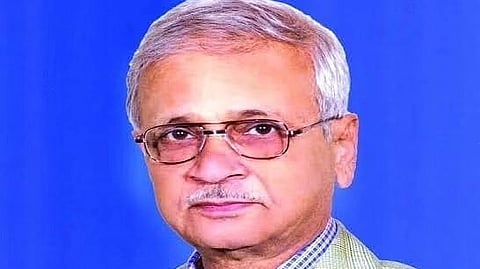

Iconic Indian pediatrician, Dilip Mahalanabis, who pioneered the use of oral rehydration theory for treatment of diarrhoeal diseases and development of ORS, died at a city-based hospital in Kolkata on Sunday. He was 88.
His family sources said that he was admitted to a private hospital in Kolkata a couple of weeks back with a number of age-related ailments including lung problems. However, all the efforts of the doctors to revive his health conditions failed and ultimately, he died on Sunday.
Oral rehydration theory is an alternative to intravenous rehydration theory for prevention and treatment of dehydration from diarrhoea in an emergency situation when intravenous therapy is not available.
As per the estimates of the World Health Organization (WHO), oral rehydration theory is estimated to have saved over 60 million lives.
He was awarded the Pollin Prize in 2002 and Prince Mahidol Award in 2006. He was elected as a foreign member of the Royal Swedish Academy of Sciences in 1994. However, there was hardly any recognition from the Union government for his contribution in a field of medicine that saved millions of lives.
To recall, Bangladesh came under the grip of cholera during the liberation war there in 1971. Mahalanabis was then serving as a doctor in a refugee camp at the Indo-Bangladesh border area at Bangaon in West Bengal. To protect the people at the camp from cholera and diarrhoea, he prepared an oral solution mixing salt and sugar in water. This solution worked as a miracle in preventing these two fatal diseases and the solution later became famous as ORS.
Mahalanabis completed his degree in MBBS from Calcutta Medical College and Hospital in 1958. Later, he secured his Diploma in Child Health from London. A pall of gloom has set in among the medical fraternity in the state following his demise. (SM/NewsGram)
